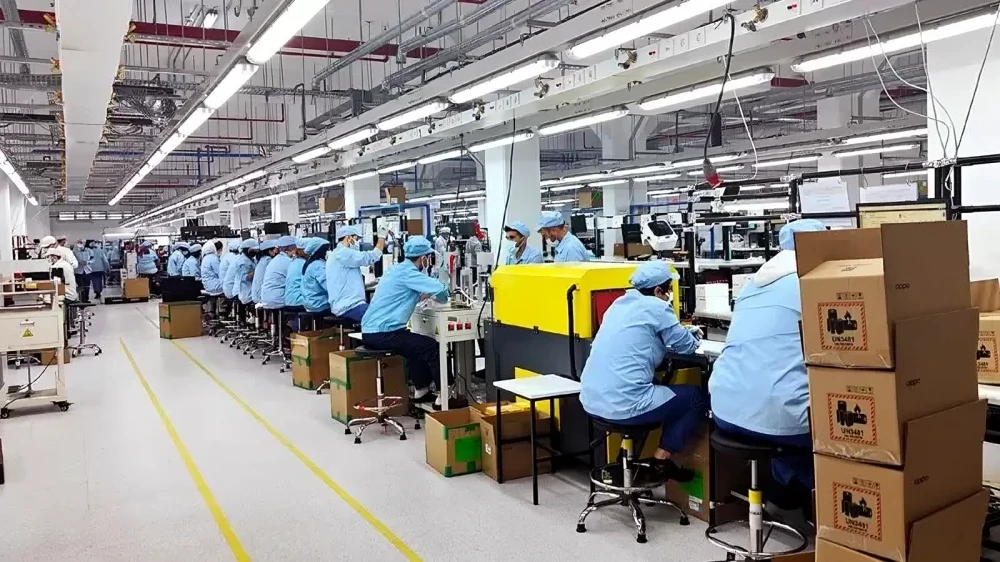Millions of jobs in UK at risk due to artificial intelligence integration
A study by the IPPR suggests that over 8 million jobs in the U.K. are under threat because of the increasing integration of artificial intelligence in various sectors
A study by the Institute for Public Policy Research (IPPR) warns that over 8 million jobs in the U.K. are at risk because of the expanding influence of artificial intelligence (AI) across various sectors.
According to the analysis conducted by the London-based think tank, the British government’s failure to take necessary measures could lead to significant job losses in the country because of AI.
It is estimated that 11% of tasks performed by workers in the U.K. are currently exposed to productive AI. Positions such as database management, secretarial roles involving organizational and strategic tasks, customer services and administrative roles are among the most affected by AI.
In the second wave of AI integration, when companies are expected to incorporate existing AI technologies into their processes deeply, this percentage could rise to 59%.
As women are more likely to work in these positions, the increased integration of AI into work processes poses a heightened risk of severely impacting female employment.
According to the IPPR’s worst-case scenario, if AI replaced all at-risk jobs, the U.K. could experience 7.9 million job losses, potentially resulting in no Gross Domestic Product (GDP) gains from these positions.
In a more optimistic scenario, 4.4 million jobs could disappear, but the country could gain an annual profit of 144 billion pounds, equivalent to 6.3% of GDP.
In the best-case scenario, instead of replacing all at-risk jobs, they could be strengthened to adapt to AI, resulting in no job losses and a 13% increase in GDP, equating to 306 billion pounds annually.
IPPR’s analysis suggests that the extent of job losses because of AI will vary depending on government policies.
They recommend developing a job-centric industrial strategy to promote AI job transitions and ensure that the economy’s benefits of automation are widely shared.
This strategy should encompass green jobs and support such positions, as well as financial policy measures like tax incentives or subsidies and legislative changes.
Source: Newsroom
#haber#



